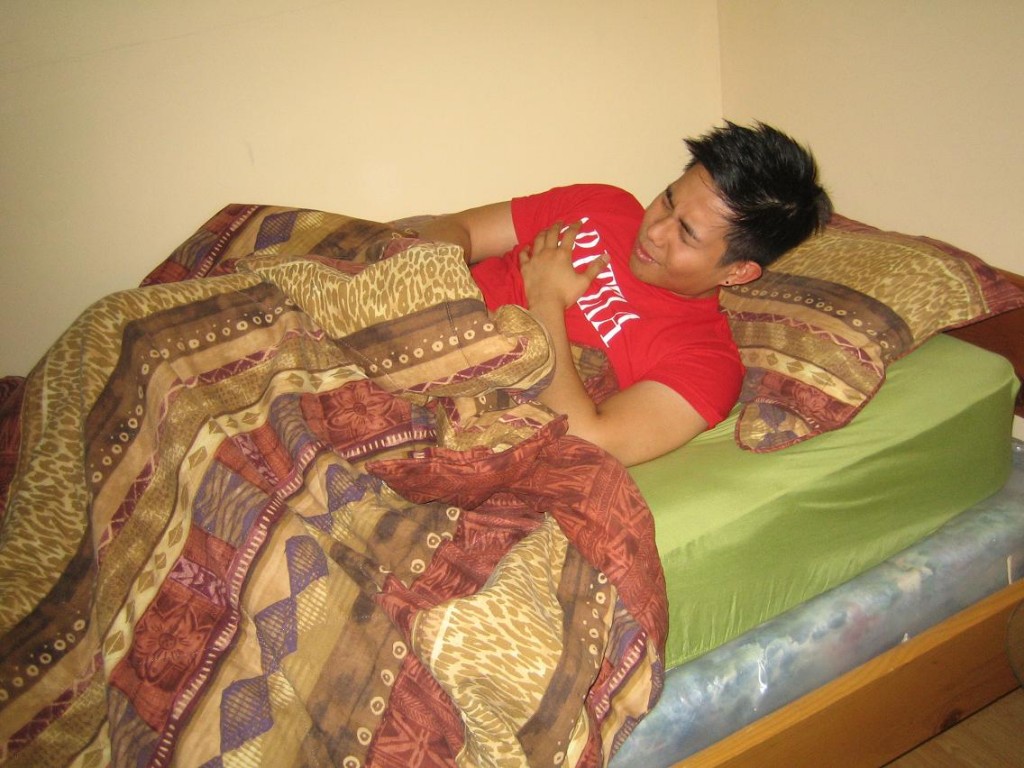Sick sinus syndrome is also known as sinus node disease or sinus node dysfunction which is a group of heart rhythm problems also known as arrhythmias where the sinus node which is the pacemaker of the heart does not function properly.
The sinus node is an area of specialized cells that are found in the upper right chamber of the heart that functions in controlling the rhythm of the heart. The sinus node creates a steady pace of regular electrical impulses but with sick sinus syndrome, these signals are not functioning well or abnormally paced.
A person with sick sinus syndrome experiences heart rhythms that are too fast, too slow, interrupted by long pauses or an alternating combination of these conditions. Some people with sick sinus syndrome needs a pacemaker in order to keep the heart in a regular rhythm. By enrolling in a course on first aid, you can readily manage the symptoms.

Symptoms of sick sinus syndrome
- Fatigue
- Slower than normal pulse rate or also known as bradycardia
- There is dizziness or lightheadedness
- Fainting or nearly fainting
- There is shortness of breath and chest pain
- Sensation of rapid or fluttering heartbeats or also known as palpitations
These symptoms are caused by a minimal flow of blood to the brain when the heart beat is too fast or too slow.
Causes of sick sinus syndrome
- Electrical signals that moves too slowly through the sinus node that causes an abnormally slow heart rate which is known as sinoatrial block.
- A sinus arrest or the sinus activity is suspended
- Bradycardia-tachycardia syndrome where the heart rate is abnormally fast and a slow rhythm alternately with long pauses between heartbeats.
Complications that can be caused by sick sinus syndrome such as the pacemaker of the heart is not functioning properly and can cause a very slow heart rate, which will result to fainting. Sometimes, long periods of having a slow heart rate or fast heart rate can make the heart pump insufficient supply of blood for the needs of the body, which is a condition known as heart failure.
If a person has bradycardia-tachycardia syndrome, he/she has a high risk of having a blood clot in the heart that can cause a stroke. A fast heart rhythm that happens in bradycardia-tachycardia syndrome is called atrial fibrillation which is a disorderly rhythm of the upper chambers of the heart that causes pooling of blood in the heart where a blood clot can form and cause a stroke.
Treatment and home remedies
- Engage in exercises and eat a healthy, low-fat diet that includes varieties of fruits and vegetables and whole grains.
- Avoid being overweight since it increases the risk of developing disease of the heart.
- Keep blood pressure and cholesterol level under control and take prescribed medications in order to correct high blood pressure or hypertension
- Quit smoking and minimize drinking of alcohol
- Avoid using illegal drugs
- Avoid getting stressed and learn some coping techniques in handling normal stress in a healthy way.
- Maintain a regular check up schedule with the doctor.

